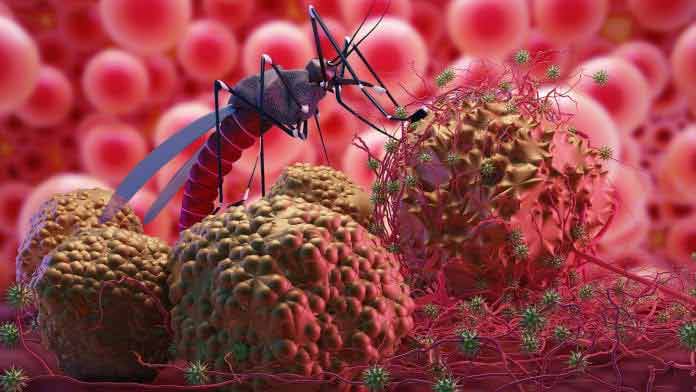- 1,100 people die from malaria everyday, taking the life of one child every two minutes.
- Malaria is a preventable and treatable disease caused by parasites that are transmitted to people through the bites of infected female Anopheles mosquitoes.
As the resilience of the most robust health systems around the world continues to be tested in the wake of the coronavirus pandemic, this World Malaria Day, Bayer encourages countries especially vulnerable to malaria, to ensure the continuity of malaria prevention and control measures in support of the appeal from the World Health Organisation (WHO).
Nearly half the world’s population remains at risk from malaria infection and in 2018, it led to a staggering 405,000 deaths worldwide, 94% of which occurred in Africa. Considering these numbers, it is critical that programmes to prevent the disease continue in regions such as sub-Saharan Africa, where populations are most vulnerable and health infrastructures are oftentimes fragile.
Dr. Jacqueline Applegate, President of the unit working in vector-borne disease prevention at Bayer, says, “As the world’s attention focuses on COVID-19, our efforts to eradicate malaria must remain a priority as it is in times of health and economic crises that diseases have the potential to resurge. We simply cannot let our guard down if we are to protect the millions at high risk from malaria, many of whom are farmers, and stop the cycle of hunger and poverty. For Bayer malaria has been – and will continue to be – high on the agenda.”
By ensuring access to core malaria prevention measures the strain on health systems can be reduced, allowing more availability for treatment of COVID-19 cases. Since 2000, the coordinated battle against malaria has culminated in a 60% reduction of malaria-related deaths saving close to seven million lives. This year, COVID-19 is threatening to disrupt malaria prevention and treatment programmes and we need to ensure that progress is not lost.
“Today, more than ever before, we truly appreciate the immensity and global impact of infectious diseases. They don’t respect borders and require governments, scientists and academics, innovators, NGO’s and corporations to work together.” emphasised Dr. Applegate.
Bayer is continuing to support our partners to implement vector control by ensuring our production sites, supply chains and logistics continue to bring life-saving malaria tools to those most in need. Bayer also continues to invest in research and development to identify new transformative tools to fight against the disease.
World Malaria Day, marked each year on 25 April, is an occasion to highlight the need for continued investment and sustained political commitment for malaria prevention and control.

